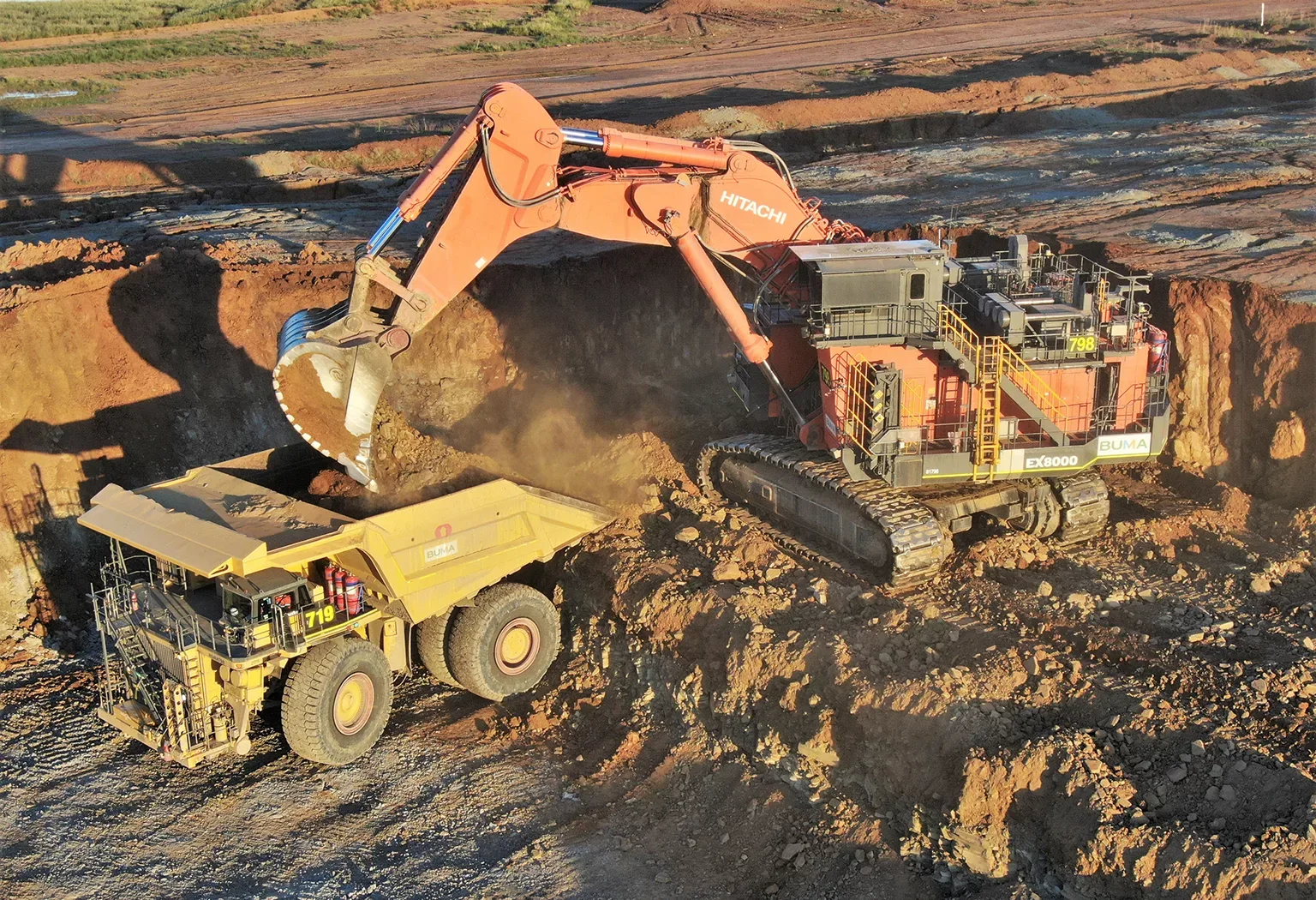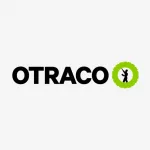SECURING A POSITIVE LEGACY
BUMA is resolutely focused on leaving a positive legacy through delivering high-quality rehabilitation and closure outcomes.
“We aim to contribute towards the establishment of thriving local communities during and after mining, through initiatives such as our Rural Seed Collective programme, which is focused upon delivering high quality, localised seed stock to mine rehabilitation and broader land regeneration projects within the regions we operate,” Tranter sets out.
This initiative sees qualified environmental practitioners work with landholders and community participants to harvest, and in some instances propagate, native plants via a certified programme that provides them with income, qualifications, and access to support for broader natural resource management initiatives.
“We believe that investing in this type of programme is mutually beneficial for the industry and regional communities, in that it reduces the risk of limited native seed supply, which is a common issue during intensive periods of rehabilitation on a region wide scale and provides additional income streams for landholders,” he affirms.
This programme also facilitates access to new vocational pathways for a diverse range of individuals across BUMA’s communities.
Looking ahead, BUMA is now focusing on growing its rehabilitation services from bulk earthworks right through to ongoing maintenance and monitoring requirements. The company is also committed to contributing to adding long-term value for regional communities through the restoration of previously mined terrain, which allows for beneficial land uses well into the future.
“We know that here in Queensland, PRCP requirements are a primary focus along with the connection to miner’s surety obligations under the Financial Provisioning Scheme,” Taylor sets out.
“We’re focused on ensuring that mining organisations can confidently plan on achieving compliant outcomes in accordance with their PRCP and internal rehabilitation delivery schedules in a way that makes commercial sense,” he culminates.
In summary, BUMA also understands how progressive rehabilitation feeds into broader closure planning considerations, and in this way, the company will continue to support its clients with rehabilitation trials which will contribute to positive closure outcomes.
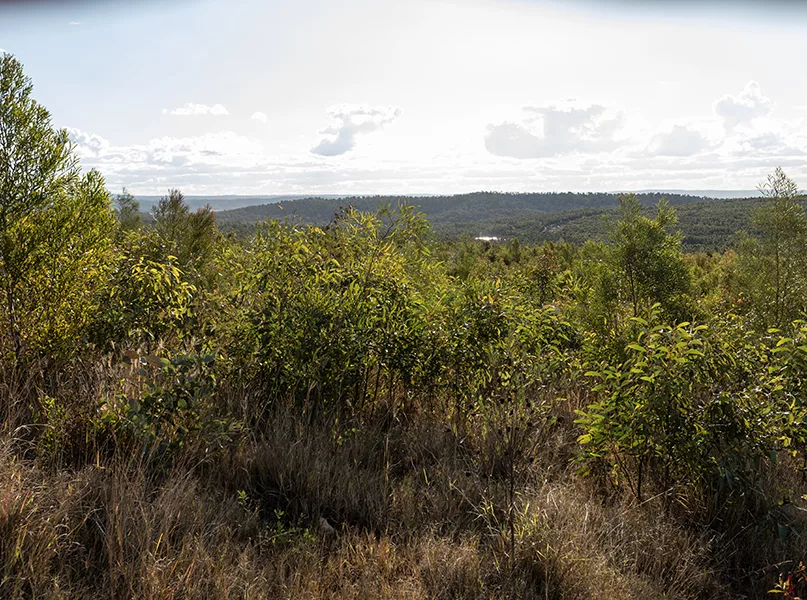
CONTRIBUTING TO COMMUNITY
Since 2016, BUMA’s Blackwater Mine has proudly supported local community organisations, including organisations such as the PCYC with financial assistance to help run youth programmes in the local community.
These initiatives focus on various community needs, aiming to make a positive impact on the lives of young people and promote social cohesion through inclusive programmes. The mine is located adjacent to the town of Blackwater, where BUMA’s workforce is accommodated and integrated. The company endeavours to exist as a proud supporter of local community groups in the area.
The Blackwater site is also proud of its First Nations work readiness initiative that has also been operating since 2016. The programme has been triumphant in preparing new-to-industry operators to be successful team members of the broader BUMA team at Blackwater.
Elsewhere this year, BUMA Blackwater has proudly sponsored the BTC programme.
“The BTC programme gives our local young people the ability to drive legally and safely on the road and accumulate their 100 log-book hours alongside a dedicated volunteer to help mentor good driving habits,” Perrins explains.
“Additionally, this programme improves employability and opportunities for young people as lack of transport is a major barrier to attaining employment in Central Queensland.”
BUMA Blackwater’s investment in BTC is also an investment in each young participant and their future as they are empowered through road education to be safe and responsible drivers.
Meanwhile, BUMA also presently possesses a dedicated team of sustainability professionals as well as a broader corporate ESG framework which allows the company to develop initiatives that meaningfully empower its employees and present them with exciting opportunities, as well as facilitating the opportunity to contribute to the communities in which BUMA operates.
“We believe in transparency across the entire business, so BUMA currently undertakes annual sustainability reporting on its own ESG impacts in accordance with the United Nations Sustainable Development Goals (SDGs) and the Global Reporting Index (GRI),” Taylor elaborates.
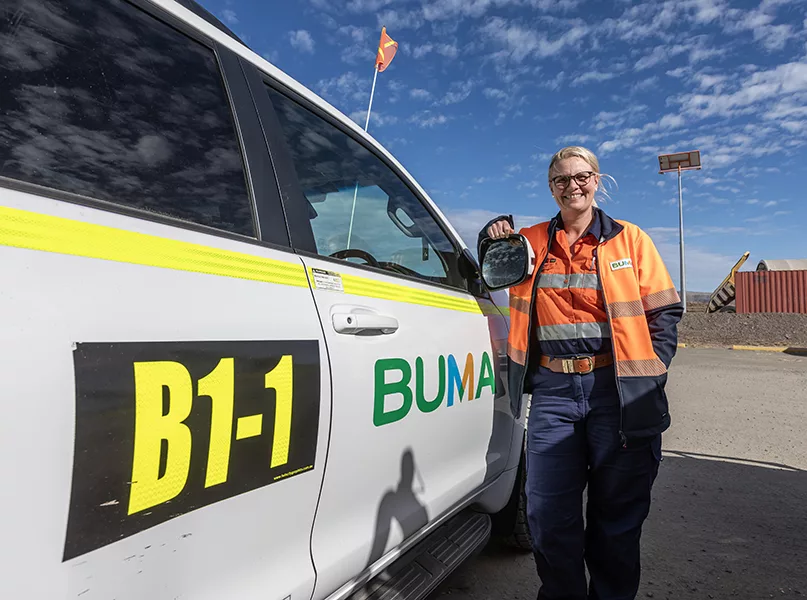
HEALTH, SAFETY, AND THE ENVIRONMENT
The health and safety of BUMA’s people and the protection of the environment for future generations are of paramount importance to the ongoing success of the company.
“At BUMA, our commitment to health, safety, and the environment means providing a workplace that supports the well-being of our people and conducting our operations in a manner that is environmentally responsible and sustainable. Therefore, all projects strive to exceed our client, stakeholder, and industry expectations,” shares Taylor.
Safety requires strong leadership and commitment. To ensure this, BUMA’s leadership teams set clear, positive expectations, actively involving its people to identify improvements, be accountable, and uphold industry-leading safety standards.
“We believe that everyone at the company has a responsibility for improving and maintaining health, safety, and environmental performance. Therefore, BUMA has an organisational structure to support the achievement of its targets and strategy in this area,” he adds.
Underpinning this safety commitment is a carefully constructed framework structured around leadership, risk, controls, planning, improvement, monitoring and enables BUMA to meet the correct legislative certifications.
The company uses various reporting and performance systems and controls to support its ongoing commitment to the safety of its people and the environment, ensuring that it remains proactive in its approach to the mitigation of risks on each of BUMA’s sites.
Furthermore, BUMA recognises that a stable, educated, and focused workforce is essential for delivering a safe and productive project.
“Across BUMA, our training system is designed to ensure that our employees and contractors are suitably trained and competent enough to conduct their activities in a safe, productive, and environmentally sustainable manner,” Taylor elaborates.
Through a process of continuous improvement, the company has implemented formalised practical skills training that utilise alternative forms of education, including e-learning through video and interactive programmes.
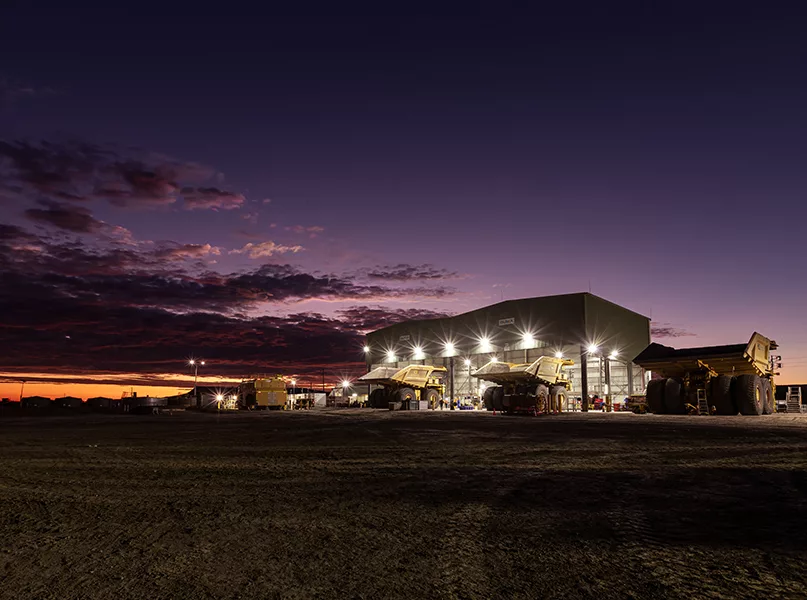
MODERN SLAVERY STATEMENT
Earlier this year, BUMA proudly announced the publication of its Modern Slavery Statement, confirming its commitment to addressing modern slavery and supporting ethical practices in its business operations. The statement outlines BUMA’s approach to mitigating modern slavery risks, which includes implementing relevant policies and procedures, and conducting regular due diligence, aligning with the company’s core values
Modern slavery is a significant human rights issue impacting many individuals worldwide, and BUMA acknowledges the important part it has in tackling this problem. The company is focused on making sure its operations and supply chains do not involve any forced labour, human trafficking, or exploitation.
BUMA’s strategy to addressing modern slavery ensures its employees, contractors, and suppliers maintain high ethical standards, including awareness of the importance of identifying and reporting potential modern slavery incidents.
As part of its risk assessment and due diligence processes, BUMA identifies high-risk areas within its supply chain to enable focused interventions and ongoing improvement.
In terms of training and awareness, BUMA understands the crucial role of education in tackling modern slavery risks. The company provides training to its employees, educating them to identify, prevent, and report any potential exploitation.
“By publishing our Modern Slavery Statement, we aim to uphold transparency and accountability within our business. We are dedicated to continuously improving our practices and we welcome feedback and suggestions from all stakeholders,” he adds.
Beyond the Modern Slavery Statement, BUMA’s commitment to ethical practices is an integral part of its broader corporate social responsibility strategy, underscoring its dedication to making a positive societal impact.
SPECIALISTS IN SUSTAINABILITY
The ensured sustainability of the Australian resources sector relies on the efficient planning, management and operation of mining activities.
As specialist operators of mines, contract mining service providers have an important role to play in the future sustainable development of the Australian mining industry. As one of Australia’s leading contract mining service providers, BUMA’s environmental strategy is progressive, adaptive, and responsive, with a strong focus on continually improving its management systems and performance.
“Our well-established systems and processes cover each phase of a mining operation, from start-up through to operations and eventually closure. Central to upholding our systems and processes is our ISO 14001 certified Environmental Management System (EMS),” Taylor informs us.
Alongside this, BUMA has developed a sustainable procurement framework which it strives to continuously improve upon via regular communication with its suppliers, allowing the company to ensure that it is supporting these businesses in meeting the sustainability objectives of mining organisations wherever possible.
“Suppliers are integral to our business, because without them, we can’t deliver for our clients or continue to grow our market share. We look to partner with quality suppliers who we know can deliver and, just as importantly, expand as we expand,” Taylor shares.
“We also rely upon their expertise in terms of supply and logistics, and technical matters in relation to their relevant areas of our business.”
All BUMA’s sites have detailed and specific environmental management plans in place to ensure that the company meets compliance requirements and hits its environmental targets and objectives.
“The environmental processes and systems focus on the areas in which we have the greatest potential to make a difference, such as reducing GHG and energy emissions, minimising water use and waste, and responsibly managing the land on which we conduct our activities,” she continues.
“We also work to minimise disruptions to the surrounding communities, neighbours, and other stakeholders.”
Similarly, BUMA has implemented continuous improvement measures to reduce fuel usage across its numerous sites and support its sustainability goals. The company remains resolutely committed to setting and reporting targets for CO2 intensity.
With these plans in place, the mining industry in Australia has a rich history and an exciting future ahead of it, a future within which BUMA is firmly entrenched and thriving.
BUMA AUSTRALIA PARTNERS






